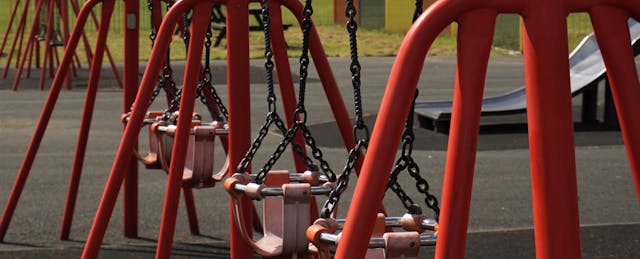Early childhood educators have long been forced to make do with limited resources, from inadequate staffing and preparation to stagnant wages and, often, an overall lack of respect from the public or understanding about their roles.
That’s what we heard repeatedly during the nine months we spent last year exploring the work lives of early childhood education professionals. And it’s what we saw first-hand during reporting trips to more than 11 center- and home-based child care programs nationwide, from California to Connecticut.
With the arrival of the pandemic, these resources have become even more scarce and the obstacles even more complex.
As early childhood programs face widespread closures and declining enrollment, some educators have had their salaries cut or have lost their jobs altogether. Even before the pandemic, child care workers on average earned just $10.72, according to data published by the Center for the Study of Child Care Employment at the University of California, Berkeley. Over half of these workers were part of families enrolled in at least one of four public assistance programs. That’s more than double the rate of the American workforce as a whole.
The pandemic threatens to push an already vulnerable group to the brink of financial ruin. A survey conducted in July by NAEYC, a professional association for early childhood educators, found that 40 percent of child care providers expected to close without additional public assistance. An analysis by the National Women’s Law Center showed that between February and April 2020, the child care industry hemorrhaged 370,600 jobs. A minority of those jobs had returned by July, but experts expect that many of these closures and job losses could be permanent.
Although most child care centers have resumed operations, educators are returning to work in radically different environments—not least of all the risk of exposure to the virus. In reopened facilities, educators must adapt their lessons to new social distancing and safety guidance.
The nature of education has also changed. Some educators have had to invent virtual programming on the fly, with little or no training and few models for success with engaging young learners.
This is to say nothing of the devastating toll that these changes will take on young learners and their families. COVID-19 is disproportionately affecting the health and economic positions of low-income communities and people of color, and early evidence suggests that early childhood programs that serve low-income communities threaten to close at higher rates than those serving more affluent families.
On top of that, the emotional, financial and physical stress on early childhood educators, children and families is incalculable.
At EdSurge, we are committed to deepening our coverage of early childhood education to respond to the realities that the industry, workforce and families face during the COVID-19 pandemic. Over the next year, with support from Imaginable Futures, a venture of The Omidyar Group, we’ll be weaving coverage of early childhood education into all areas that EdSurge reports on, including technology, teacher preparation programs, education investment, and K-12 teaching and learning.
We are also excited to launch a special series to document the emerging impact of COVID-19 on the early childhood education workforce, examining how educators, child care programs, organizations, businesses, policymakers and others are responding. In doing so, we hope to highlight the critical role that early childhood educators play in society, a role that is in starker relief now than ever.
We invite readers to share stories of how early childhood educators are navigating this year’s unique circumstances by sharing insights or tips at editorial@edsurge.com.


